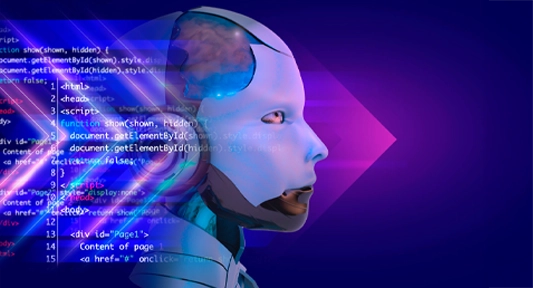Engineering the Future of Intelligent and Decentralized Innovation
Nadcab Labs is a global technology company delivering future-ready solutions across AI, Machine Learning, Blockchain, Cloud Infrastructure, Big Data, Mobile Apps, and Gaming.
Consult Our ExpertsTRUSTED BY INDUSTRY LEADERS AND INNOVATORS










































